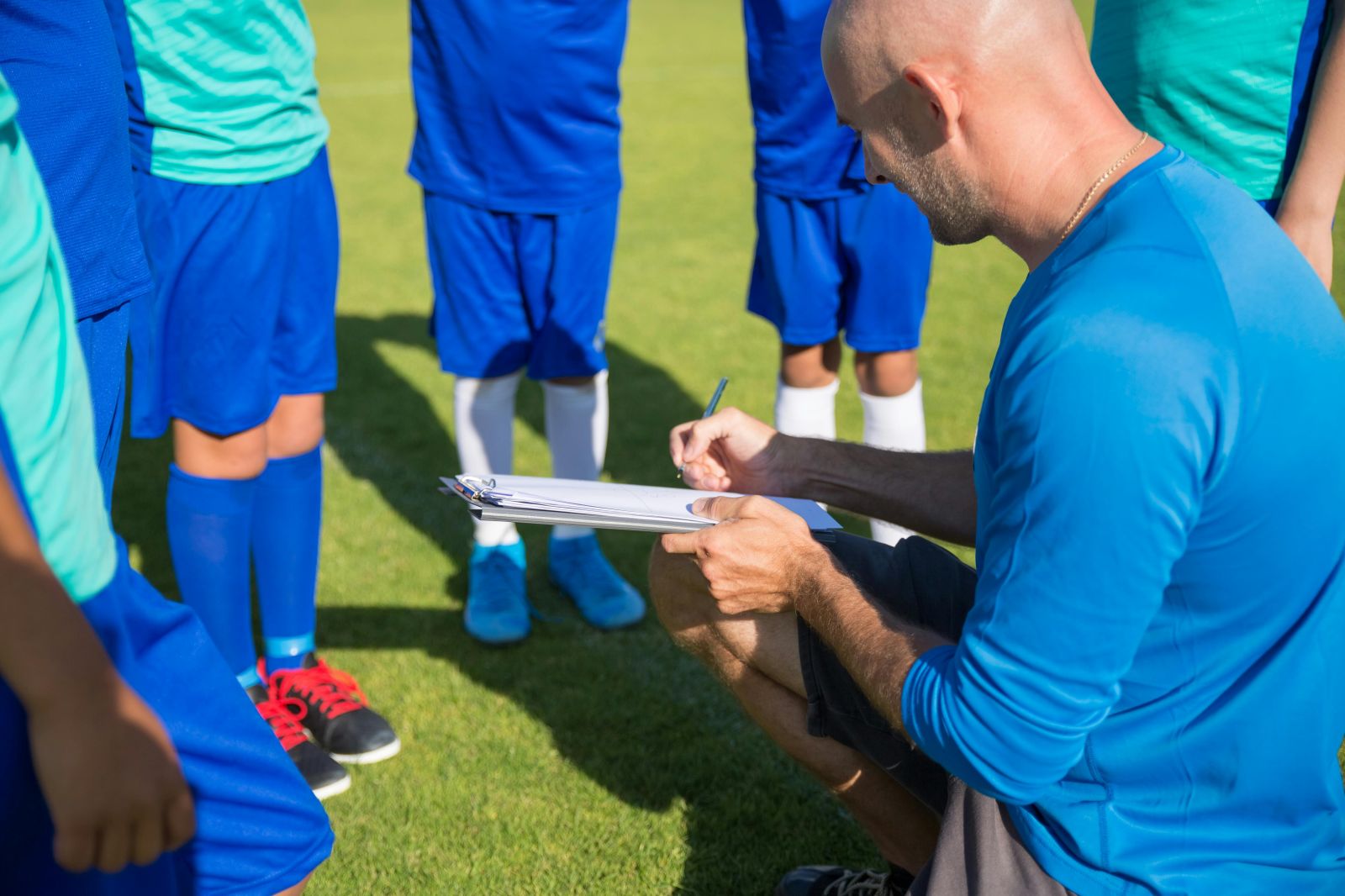Follow us on Google News (click on ☆)
The researchers reviewed the experiences of head coaches of Canadian university sports teams who had been in their positions for at least 15 years and had achieved significant success, including winning championships, but had then experienced a more difficult season.

Illustration image Pexels
The research team conducted comprehensive individual interviews with seven coaches (two women and five men), during which they discussed the strategies implemented to get their teams back on track.
Introspection and team culture: two key factors
"The coaches all presented different reasons to explain their failure and also all undertook personal reflection that allowed them to find ways to restore team culture," explained Professor Gordon Bloom, Director of the Department of Kinesiology and Physical Education at McGill University and co-author of the study.
Indeed, all participants had regained their previous level of excellence within the two seasons following this difficult period.
"Even though they were among the most successful coaches in the country, they were truly hungry for knowledge and wondered: 'What do I need to improve? Where can I find this information? How can I learn?'. They didn't just say: 'Well, I've been successful for the past five years, why should I change something now?'" clarified Professor Bloom.
Many participants mentioned having consulted the athletes they supervised to better understand the causes of their lack of success and to find solutions. Sometimes, rebuilding team spirit also required excluding highly talented athletes with disruptive behavior, added Gordon Bloom.
According to this study, rebuilding strategies such as involving staff in setting up time blocks and tools allowing coaches to practice self-reflection during the season, or creating leadership groups among athletes to facilitate communication and sharing of a common vision, can promote long-term success.
Courage and leadership
The research team described the participants' willingness to learn from their failures as courage. They also specified that this concept has been overlooked in coaching literature, where the focus has generally been on other characteristics, such as self-confidence.
"Coaches, especially high-level ones, are seen as saviors, somewhat magical individuals who always have the answers, are exceptional in every way, and don't experience failure," argues Gordon Bloom.
In this high-pressure context, it can be difficult to admit one's mistakes and work to correct them, he adds.
"These coaches aren't 'supposed' to talk like that. If they do, it's assumed the team will fail. It takes a lot of courage to say: 'Well, I wasn't really at my best this time, and I'm committed to improving.'"
Can this teach us something about effective leadership in other fields?
The professor is convinced it can.
"If you work in a company or any other environment where you hold a leadership role, there will certainly be times when you fall short. If you want to return to the top, you'll need to act like these coaches: engage in introspection, learn lessons, involve others in the process, and be willing to change," he stated.